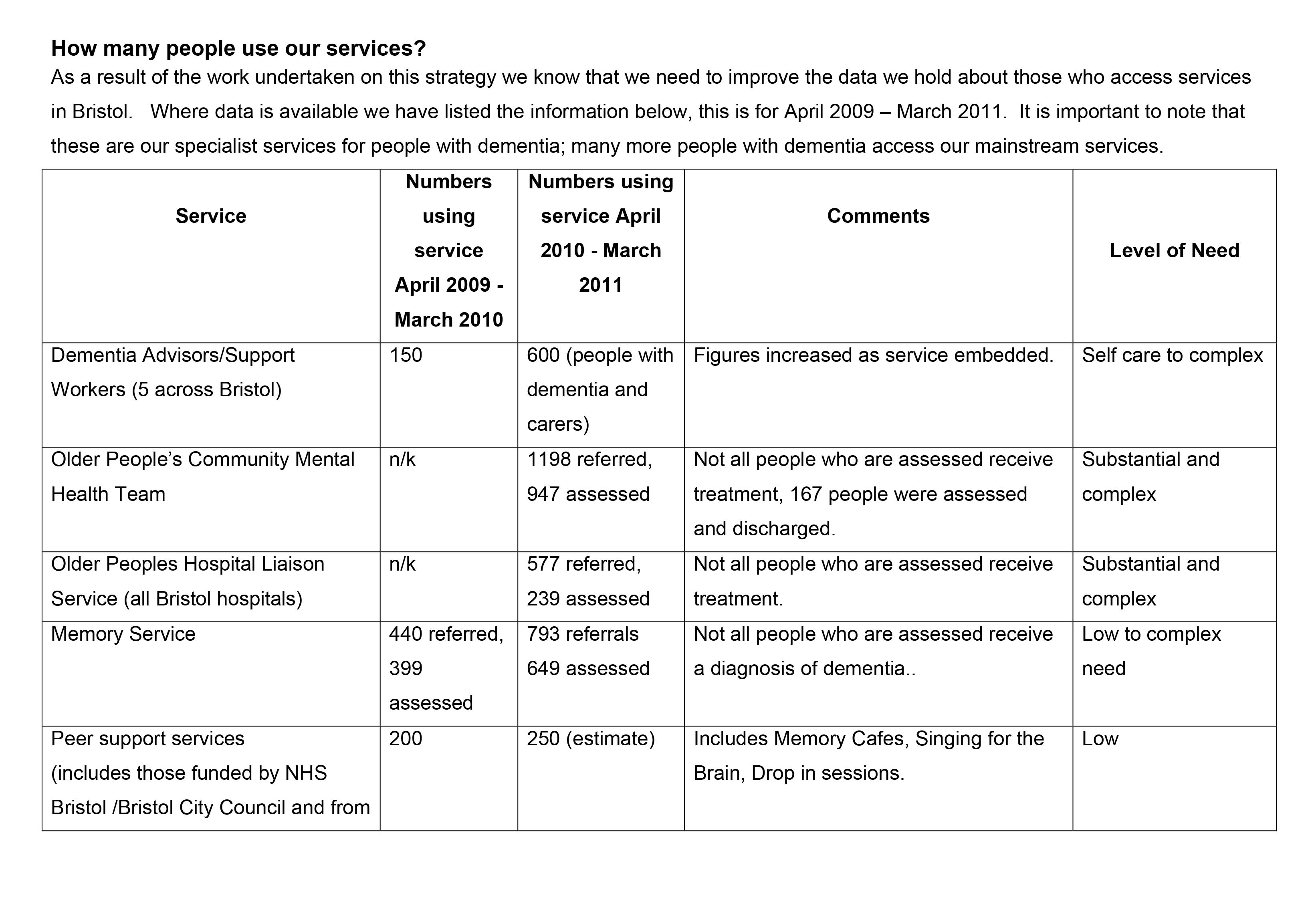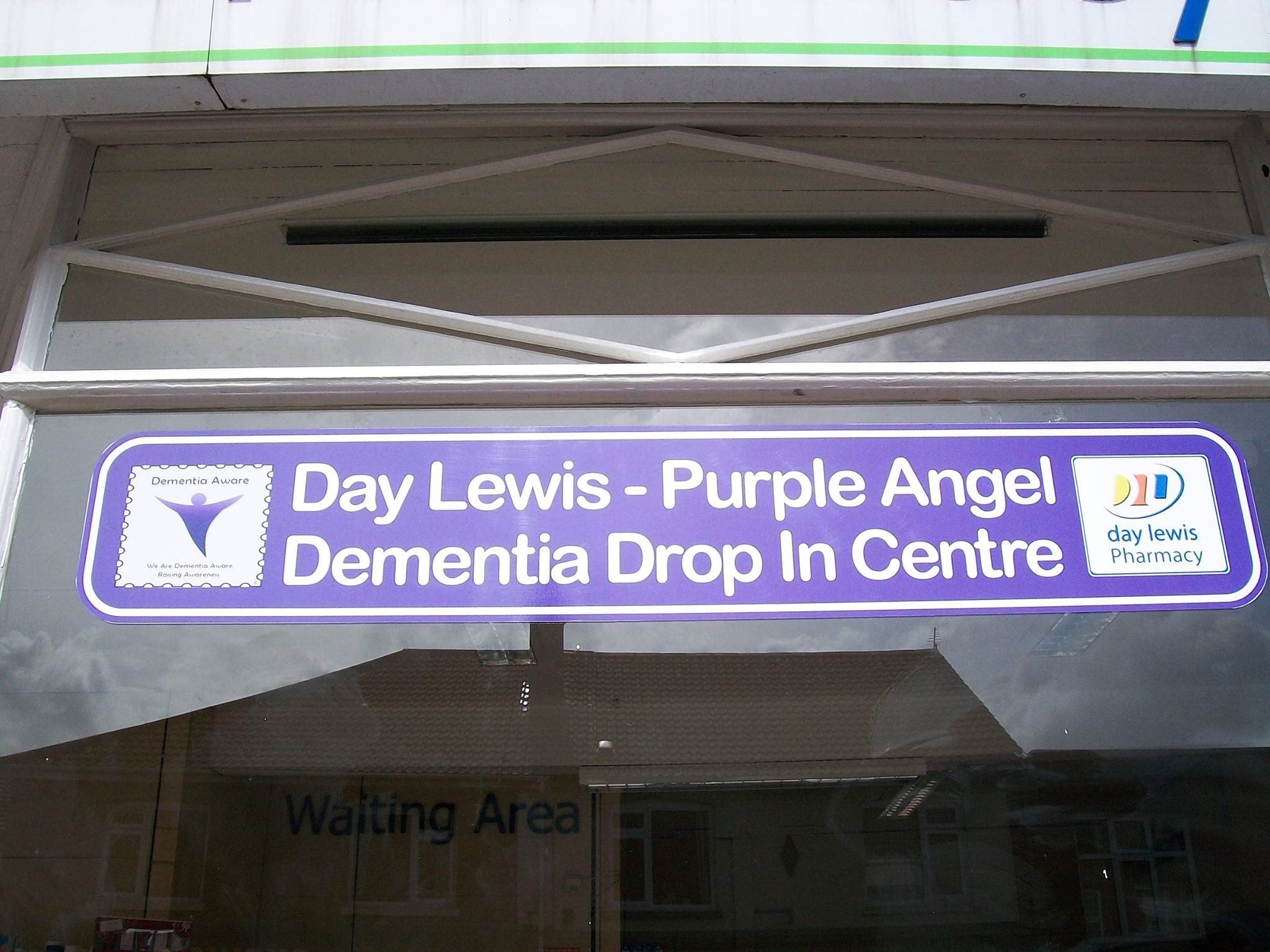Leaders establish the vision for the future and set the strategy for getting there.
John P. Kotter
I believe two critical errors were made in the leadership of the current English dementia strategy from the current Government.
Firstly, a culture reigned of wanting to produce high volume low quality dementia diagnoses at any cost, even incentivised in the official NHS England programmes.
Secondly, wilful blindness was paid to the devastating cuts in social care.
I personally will not forgive the current political leaders in dementia for these two massive cock ups.
In my first book ‘Living well with dementia: the importance of the person and the environment’ and for my second book ‘Living better with dementia: good practice and innovation for the future’, I reviewed the contemporaneous evidence for the policy in England of living better with dementia.
I am now in the process of organising my thoughts on living well with advanced dementia at home and in residential care settings.
Prof Sube Banerjee, Chair of Dementia at the Brighton and Sussex Medical School, will be writing the main Foreword for this book. Indeed, Sube has just published a paper on the shaping of the memory clinic service which signposts future directions helpfully.
Sube remarks, indeed: “We need applied health research designed to fill these important evidence gaps, resolving uncertainty, and allowing the development and delivery of efficient and effective services and policy to enable people to live well with dementia.”
I could not agree more.
The policy leads in the main charities involved with dementia in all parts of the UK I feel have been excellent.
The intentions of ‘dementia friendly communities’ are good. Indeed, many people living with dementia report a significant change in attitudes. To strengthen this concept further, taking full account of rights based approaches, it might be more accurate to frame the argument as ‘dementia inclusive communities’.
We need to ensure that primary and secondary care between themselves have sufficient resources to diagnose dementia accurately.
A lengthy diagnosis can be in effect a diagnosis denied, but it is worth, for many, waiting a bit extra to make sure the diagnosis is as accurate as it could be. An incorrect diagnosis can do considerable harm, and this is simply unacceptable when ‘substantial others’ (as termed by Wendy Hulko) also live with the diagnosis.
There has to be much better recognition of what social care practitioners offer the service for living better with dementia. The ‘year of care’ model, best articulated for diabetes, takes a strongly medical angle.
We also need to think carefully about whose needs we are truly addressing in the post-diagnostic support and for what purpose. Also, for the dementias which present as speech and language difficulties, we need a SALT service with capacity to manage.
The social care profession has been telling us for ages about the tragic consequences in privatisation of social care, and in deal breaking errors in the implementation of personal budgets. But if a future Government is worth anything it will ignore the mandarins of the Department of Health some of whom seem pretty clueless about these issues and correct the problems before the entire health and care ecosystem suffers.
If the aims of a nursing service are to provide support and coping strategies for caregivers, with a view to avoiding admissions to residential home, often unpaid family caregivers, we should be thinking about the training requirements (?is this a community psychiatric service). If the aims of the service is, rather, proactively to manage clinical medical issues, with a view to avoiding admissions to acute medical services, we should be thinking about alternative training requirements (high level of skill in general medicine).
Lessons can be drawn from Winterbourne in this jurisdiction and other jurisdictions notably America about how care in nursing homes can fail. There is no point promoting choice in nursing homes, if people in the general public feel uncomfortable with complicated metrics such as in infection rates or falls, or people are oblivious to inadequate staffing because of the ‘bottom line’. At the other end, there is evidence for good practice in residential homes, but most of us believe that the debate has substantially come a long way beyond ‘person centred care’.
There is much to be learnt from different care settings, such as hospitals and the hospice movement, about end of life care. End of life is a specialised discipline, and there is much excellent research in this area currently being conducted. I would like knowledge from this area of medicine to be transferred seemlessly into dementia policy, thus improving research and service provision in the English dementia strategy.
We need to be much tighter on ‘dementia awareness’. We need to move the debate on from pretty graphics and presentation packages to meaningful education from people themselves trained in the workforce, or from people with genuine lived experiences. I feel massively people living with dementia have a critical rôle in designing research and services and this should be a top priority. A ‘badge’ to demonstrate dementia awareness is acceptable, but people saying they’ve had ‘training’ when they patently haven’t isn’t.
And I agree with Sube. There has to be parity of esteem. There has to be equal importance for research into living better with dementia and care, as there is for molecules and potential cures.
After the broo-ha-ha of the current election turmoil is over, I am hoping that some people can come together and help to develop a new English dementia strategy.
Maybe we can have this ready for 2016 to run until 2021?





